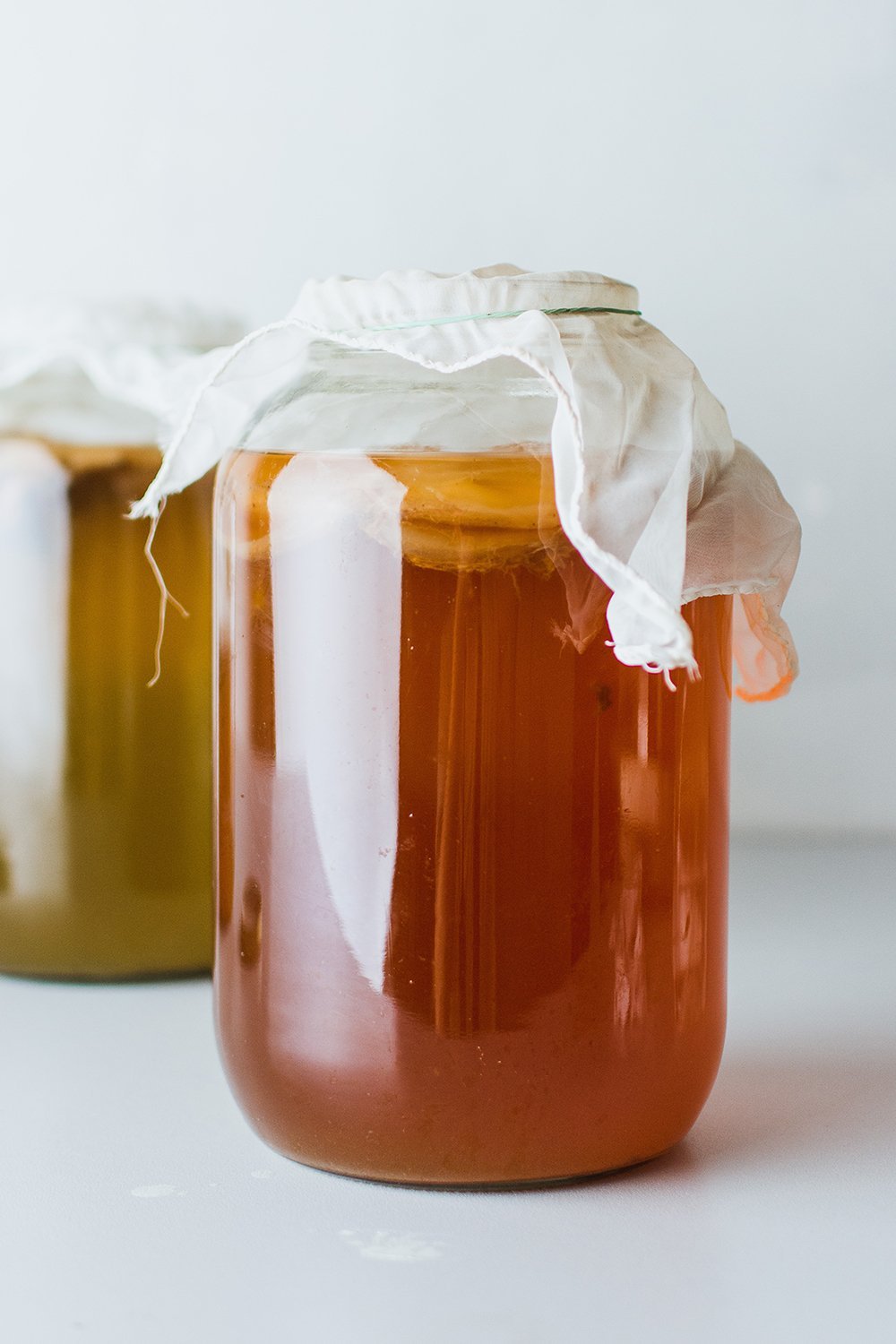
Why Your Gut Bacteria are Important For your Wellbeing
Video transcript:
The healthy bacteria that live in our gut, also known as the microbiota, outnumber our body’s cells 10 to 1. In fact, there are around one hundred trillion bacteria living inside our gut at any given time. The importance of these beneficial bacteria is becoming increasingly apparent. Research shows us that they are vital part of our health. They are so important that it has led to some scientists to refer to the gut microbiota as the “forgotten organ” due to the important role it plays in host immune function (1). The health of the gut gives us good insight into our overall health as the microbiota reacts to daily stimuli from stress, to the food we eat, as well as medications we take.
The gut microbiota plays an important role in your immune system. It helps you to fight invading pathogens and to welcome in friendly bacteria.
Not only that, but your gut bacteria play an important role in helping you digest food. Each bacterium ferments fiber (2) to allow you to get the most from your food including the assimilation of important vitamins (3). And in exchange, the gut bacteria are provided with a source of fuel to enable them to thrive.
This fermentation process provides energy for your body’s important metabolic functions, allowing you to get the most from your day, whether that’s exercising for longer or keeping your focus in long meetings.
Studies have also shown that the gut microbiota plays an important role in maintaining a healthy weight. Having the correct balance of microbes in the gut may help with improving body composition and reducing body fat (4)
From birth, the bacteria we are exposed to in early life contribute to the development of diverse and plentiful microbiota. However, due to modern-day living, our microbiota is likely not as diverse as it could be.
Changes in our behaviour in the developed world has had a significant impact on the health of our microbiota. For example, the routine use of antibiotics, changes in diet – in particular lack of fibre – and lack of exposure to natural bacteria in the environment have all had detrimental effects. This can be shown by contrasting the rich microbial diversity of contemporary hunter-gatherers compared to those of us who live in the developed world (5)
So how can you improve your gut health?
Getting regular exercise, a good night’s sleep and managing stress appropriately (6) can all have a positive effect on your gut microbiota. Additionally, diet can play a huge role in improving its diversity. Eating fermented food, for example yogurt, kefir, kimchi and drinking kombucha all have favourable effects on your microbiota (7)
Foods which contain “pre-biotic” fiber (not to be confused with pro-biotics) contain fermentable fiber which provides gut bacteria with fuel to multiply and thrive (8). Foods containing prebiotics are asparagus, onion and leeks etc. Finally, consider using a high quality probiotic supplement, ideally which also contains prebiotic fiber to help them thrive.
References:
- “Minireview: Gut microbiota: the neglected endocrine organ” Clarke, Gerard et al. (2014)
- “Microbiota metabolite short chain fatty acids, GPCR, and inflammatory bowel diseases” Sun, Mingming et al. (2016
- “Fecal concentrations of bacterially derived vitamin K forms are associated with gut microbiota composition but not plasma or fecal cytokine concentrations in healthy adults” Karl, J Philip et al. (2017)
- “Role of Gut Microbiota in the Aetiology of Obesity: Proposed Mechanisms and Review of the Literature” Khan, Muhammad Jaffar et al. (2016)
- "Gut microbiome of the Hadza hunter-gatherers." Schnorr, Stephanie L., et al. (2014)
- "The impact of diet and lifestyle on gut microbiota and human health." Conlon, Michael, and Anthony Bird. (2015)
- "Probiotics and their fermented food products are beneficial for health." Parvez, S., et al. (2006)
- "Dietary modulation of the human colonic microbiota: introducing the concept of prebiotics." Gibson, Glenn R., and Marcel B. Roberfroid. 1995